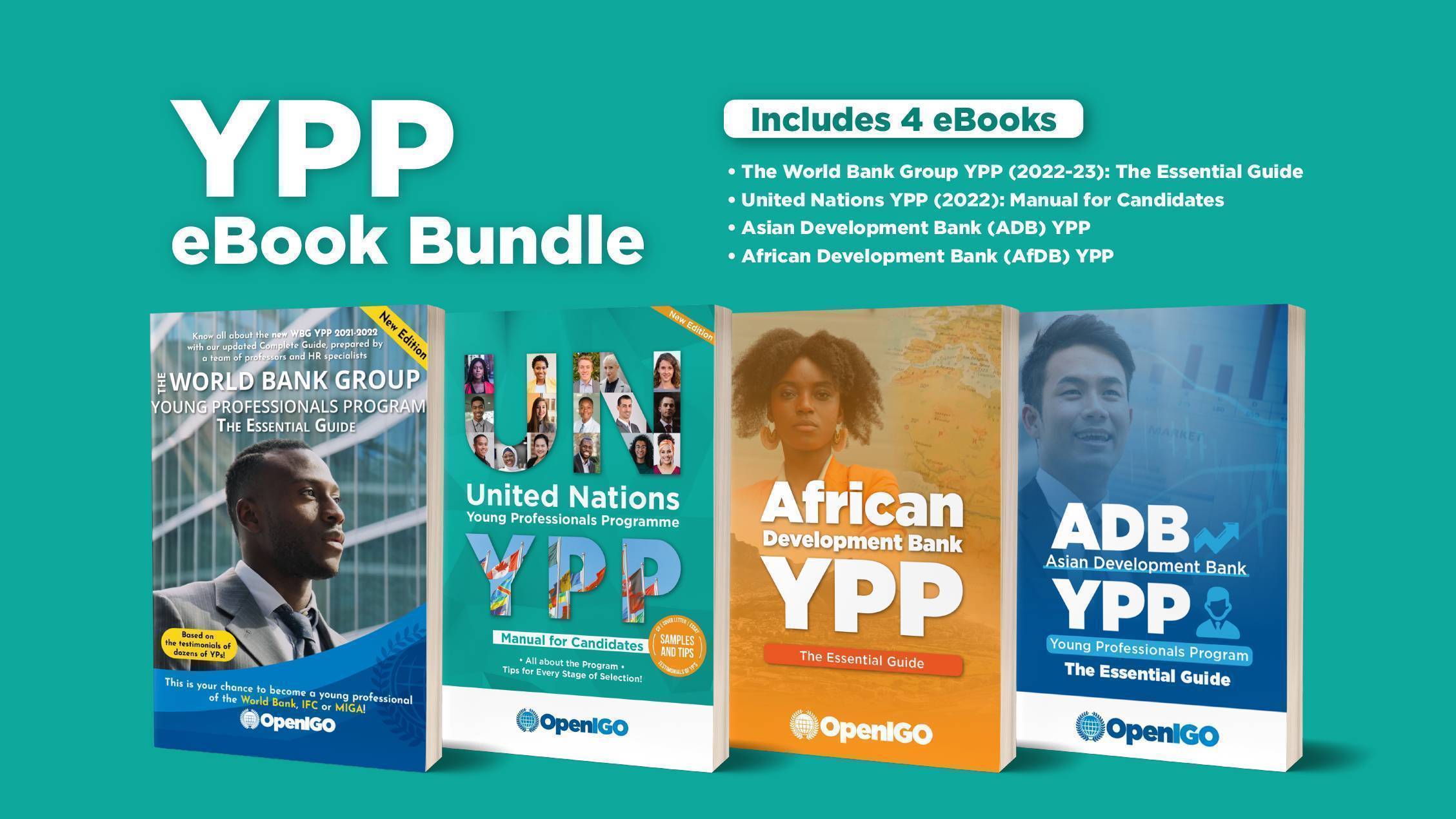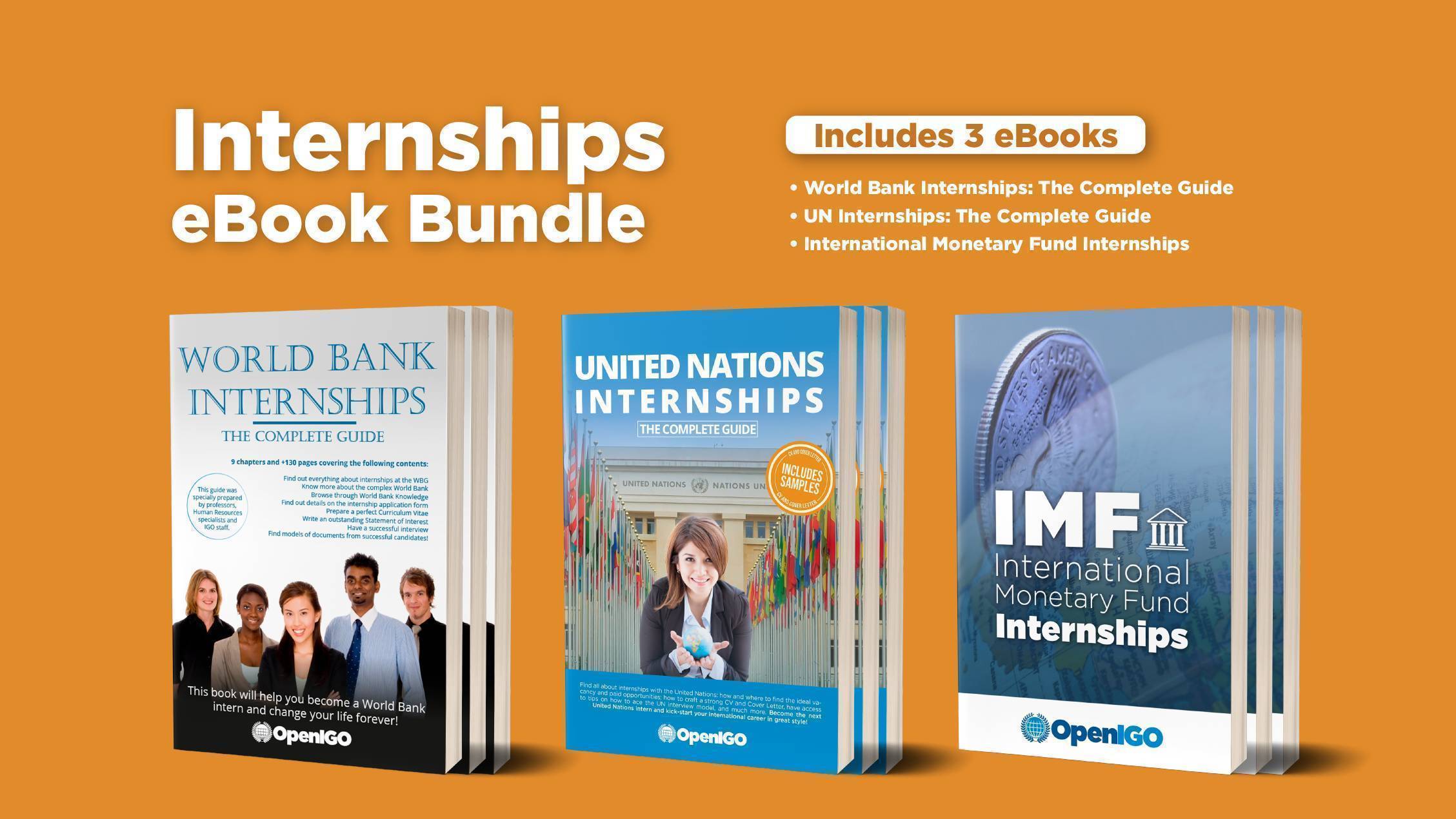Migration is a multifaceted issue affecting countries and individuals around the world. Whether driven by conflict, climate change, economic hardship, or other factors, migration has become a defining challenge of the 21st century. The United Nations (UN) has long recognized the need for a coordinated global approach to address migration, protect migrant rights, and ensure sustainable solutions for displaced populations. Through its agencies and programs, the UN has worked to develop frameworks that promote safe, orderly, and regular migration while addressing the root causes of displacement.
As migration continues to rise, the UN’s role in managing migration has become more vital than ever. The challenges posed by irregular migration, human trafficking, and the integration of migrants into host societies require robust and comprehensive responses. The UN’s strategies aim not only to protect migrants but also to promote the benefits of migration for development and peacebuilding efforts worldwide.
The Global Compact for Migration: A Turning Point
The Global Compact for Safe, Orderly, and Regular Migration (GCM) was adopted by all UN member states in December 2018 as a landmark agreement aimed at managing international migration. The GCM emphasizes the importance of protecting the rights of migrants while enhancing their contributions to the economic and social development of host countries. It provides a comprehensive framework for cooperation between governments, international organizations, and other stakeholders in managing migration and supporting migrants.
The adoption of the GCM marked a significant shift in the UN’s approach to migration, prioritizing a more cooperative and human rights-based framework. It promotes the idea that migration should be managed with dignity and in accordance with international law. While some countries have expressed reservations about the Compact, its adoption is seen as a key milestone in creating a globally coordinated strategy for addressing migration issues.
UN Agencies Involved in Migration: The International Role
Several UN agencies are actively engaged in the management of migration, each with its own mandate and areas of focus. The International Organization for Migration (IOM) is the leading UN agency on migration, providing services to both migrants and governments to ensure safe and orderly migration. IOM works on a range of issues, from providing humanitarian assistance to displaced populations to facilitating migration management and policy development.
In addition to IOM, the UN Refugee Agency (UNHCR) plays a critical role in addressing the needs of refugees and asylum seekers. UNHCR’s mandate includes the protection of individuals forced to flee their countries due to persecution, conflict, or violence. The UN High Commissioner for Refugees works in close collaboration with governments and other international organizations to provide assistance and ensure the rights and safety of refugees.
Migration and Development: Linking Displacement to Opportunity
Migration is increasingly seen as a development issue, with potential benefits for both migrants and the countries they move to. The UN has stressed the importance of integrating migration policies with broader development goals, such as poverty reduction, job creation, and education. By promoting the positive contributions that migrants can make to their host countries, the UN seeks to shift the narrative from migration as a burden to migration as an opportunity.
In this context, remittances sent by migrants to their home countries are an important driver of economic growth. In many developing countries, remittances account for a significant portion of GDP and can help alleviate poverty. The UN also emphasizes the need for migrants to have access to decent work and social protection in host countries, as this fosters their well-being and enhances their potential contributions to development.
Challenges and the Way Forward: Addressing Migration in the 21st Century
Despite the progress made in shaping a global migration framework, many challenges remain. Migrants continue to face exploitation, discrimination, and violence in both transit and destination countries. The rise in populism and nationalism has also led to increased xenophobia and restrictive immigration policies in several parts of the world. Furthermore, the impact of climate change on migration is becoming more pronounced, with millions of people displaced due to environmental factors.
To address these issues, the UN continues to call for greater international cooperation and commitment to the Global Compact for Migration. It advocates for policies that ensure the protection of migrant rights and offer solutions to the root causes of displacement. The way forward requires a multilateral approach, with both developed and developing countries working together to create a more inclusive and humane migration system.
Remember, the journey to a successful career in international organizations is a marathon, not a sprint. It requires patience, perseverance, and a willingness to adapt to new challenges and opportunities along the way.
And when you’re ready to take the next step in your journey, consider exploring “Dream Beyond Borders: 7 Steps to Conquer a Successful Career in International Organizations.” Priced at just $1.99, this invaluable resource offers practical advice, insider tips, and actionable steps to help you navigate the complexities of international careers and achieve your professional aspirations. Purchase your copy today at https://openigo.com/product/dream-beyond-borders-ebook/ and embark on a journey towards a future filled with purpose and possibility.












